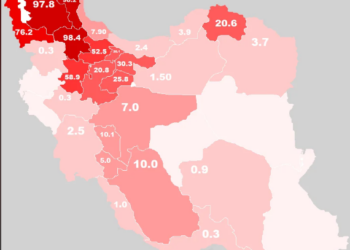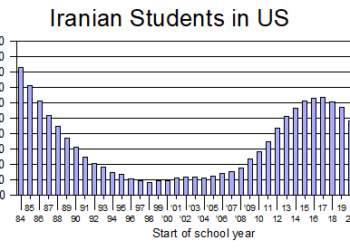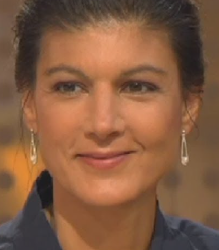The Islamic Republic seemed surprised by the outcry and moved to defend itself by saying the teenager was actually over 18 if you used a lunar calendar—which the Iranian government does not do.
Human Rights Watch – which opposes the death penalty in principle and had called on Iran

not to proceed with the execution of Ali-Reza Molla-Soltani – later vocally denounced the hanging.
“The death penalty is a symptom of a culture of violence, not a solution to it,” said Guadalupe Marengo, Amnesty International’s deputy director for the Americas.
She was speaking after two other executions – of Troy Davis, an American convicted of murder in Georgia, and of a Pakistani citizen executed in China for drug-related offenses – were carried out on the same day Molla-Soltani was hanged.
The teenager maintained that he had inadvertently killed Ruhollah Dadashi, often billed as “Iran’s strongest man,” in self-defense and in panic after Dadashi attacked him in a dark alley following a driving dispute in Karaj last July.
A large crowd gathered to witness the execution at the scene of the crime while a large contingent of police covered the area to “ensure the sentence was carried out without any glitches,” an official told IRNA news agency.
Four UN officials, including the UN investigator for human rights in Iran, Ahmed Shaheed, condemned the execution.
“We are outraged at the execution practice in Iran despite the international community’s and our repeated calls for a moratorium,” said the statement by the four.
They also noted that a death sentence handed down to those below the age of 18 is against international law and violates Iran’s legal responsibilities.
The other signers were: Christof Heyns, special rapporteur on summary executions; Juan
Mendez, investigator on torture; and Gabriela Knaul, special rapporteur on the independence of judiciaries.
“There is an absolute ban on the death sentence against persons below the age of 18 at the time of commission of the offence under international human rights law,” the group said.
But Molla-Soltani had reached “religious maturity,” according to Ali Ramazan-manesh, spokesman for the prosecution.
“The law views religious maturity as its criterion, which is calculated according to the lunar calendar; therefore, the convict is over 18 and there are no legal impediments” to prevent his hanging, the spokesman said.
The Islamic lunar year has 354 days and is about 11 days shorter than the Gregorian calendar.
However, the international treaty of which Iranian is a signatory does not use the lunar calendar. It also bans the issuance of a death penalty for any crime committed under the age of 18; it doesn’t allow for an underage criminal to be executed once he passes the age of 18. By the lunar calendar, Molla-Soltani had turned 18 just a few weeks before Dadashi’s death.
Nobel laureate Shirin Ebadi also criticized the execution. She said Molla-Soltani had stabbed Dadashi in a street fight without knowing the athlete’s identity, adding that he didn’t hold a grudge against Dadashi; therefore, he was not guilty of premeditated murder.
Ebadi also charged that five minors have been executed in Iran over the past year, including two men who were convicted of homosexuality. Last year, the International Campaign for Human Rights in Iran issued a list of 114 minors on death row in the country.
Another Iranian was also executed the same day as Molla-Soltani. He was convicted of drug-related offenses.
Iran’s last Judiciary chairman, Ayatollah Mahmud Hashemi-Shahrudi, issued a directive in 2008 banning the issuance of death penalties to minors. But the directive has often been overlooked.


















